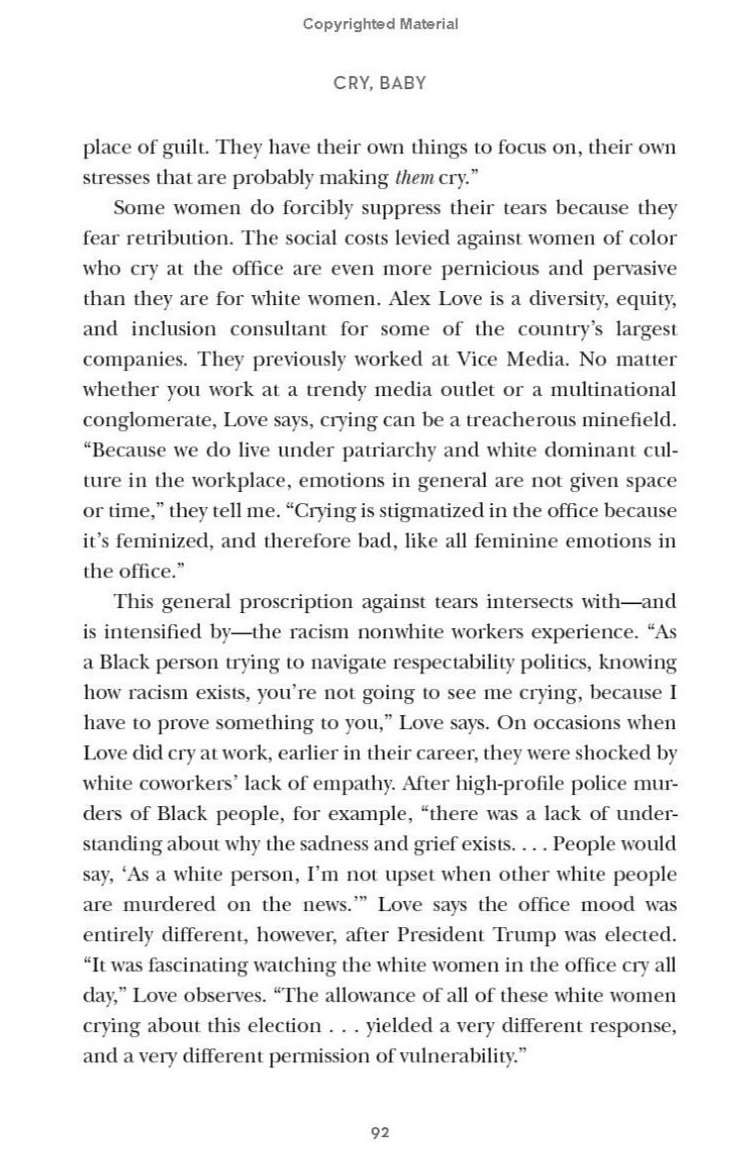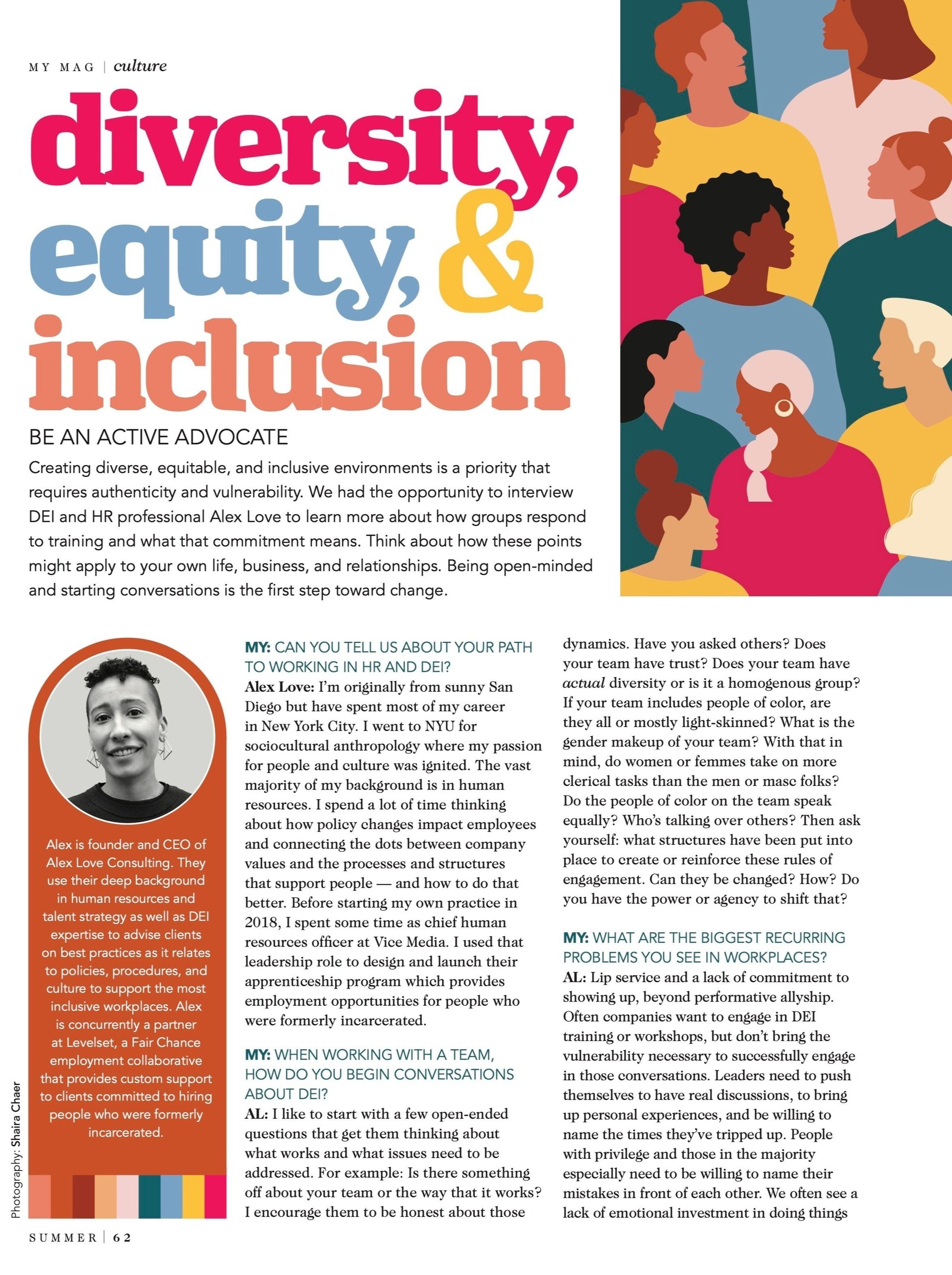Press & Talks
Cry, Baby: Why Our Tears Matter by Benjamin Perry
What happens when we cry - and when we don't?
One of our most private acts, weeping can forge connection. Tears may obscure our vision, but they can also bring great clarity. And in both literature and life, weeping often opens a door to transformation or even resurrection. But many of us have been taught to suppress our emotions and hide our tears. When writer Benjamin Perry realized he hadn't cried in more than ten years, he undertook an experiment: to cry every day. But he didn't anticipate how tears would bring him into deeper relationship with a world that's breaking.
Cry, Baby explores humans' rich legacy of weeping--and why some of us stopped. With the keen gaze of a journalist and the vulnerability of a good friend, Perry explores the great paradoxes of our tears. Why do we cry? In societies marked by racism, sexism, and homophobia, who is allowed to cry--and who isn't? And if weeping tells us something fundamental about who we are, what do our tears say? Exploring the vast history, literature, physiology, psychology, and spirituality of crying, we can recognize our deepest hopes and longings, how we connect to others, and the social forces bent on keeping us from mourning. When faced with the private and sometimes unspeakable sorrows of daily life, not to mention existential threats like climate change and systemic racism, we cry for the world in which we long to live. As we reclaim our crying as a central part of being human, we not only care for ourselves and relearn how to express our vulnerable emotions; we also prophetically reimagine the future. Ultimately, weeping can bring us closer to each other and to the world we desire and deserve.
Available May 16, 2023
VenuesNow Conference 2022
Staffing, Culture & Customer Service Strategies That Keep Fans Coming Back
Leaders are grappling with staffing shortages from management to part-timers, while managing DEI priorities and rising costs of everything from concessions to personnel. Seasoned experts in the field will advise on staffing protocols that focus on building a team and culture that ultimately keeps fans coming to events and drives a profitable bottom line. More info here.
Molly My Mag Interview, Summer 2022 Issue
Diversity, Equity, & Inclusion: Be an Active Advocate
Creating diverse, equitable, and inclusive environments is a priority that requires authenticity and vulnerability. We had the opportunity to interview DEI and HR professional Alex Love to learn more about how groups respond to training and what that commitment means. Think about how these points might apply to your own life, business, and relationships. Being open-minded and starting conversations is the first step toward change.
To read the entire interview, please click here.
Untapped Talent: How Second Chance Hiring Works for Your Business and the Community by Jeffrey D. Korzenik
This work shares the business case and best practices of “second chance hiring,” employing people with criminal records. The first and only book of its kind, “Untapped Talent” is meant to inform and inspire business leaders to broaden their hiring to this population. This is a disciplined and realistic look at this issue – not everyone with a record is ready for employment, and even those that are may require additional support. Based on the successful experience of pioneering second chance employers around the country, “Untapped Talent” identifies the challenges and opportunities in hiring people who have been marginalized from the workforce. The book covers the realities of our criminal justice system, models of hiring (both successful and unsuccessful), overcoming objections, implementation, refinement and where employers can find the resources. Within the pages of the book, readers will learn more about the business leaders who have led the way in giving people a chance. Beyond numerous lessons and anecdotes throughout the book, an entire chapter is devoted to the case study of an Ohio manufacturer, whose business and company culture were transformed by this experience.
Why this matters: The United States has 19 million people with a felony conviction, including one in three Black men. Along with the additional tens of millions burdened with misdemeanor convictions, “people with records” represent an enormous underutilized labor resource.
• On a macroeconomic level, higher workforce growth drives faster growth for everyone. The United States, and virtually the whole world faces a demographic challenge ahead. Our best opportunity lies in bringing marginalized workers into employment and giving them a chance to be as productive as possible.
• On a company level, using the model explained in the book, second chance employees are on average more engaged and more loyal, leading to lower turnover costs and higher productivity. Contributing to a worthy social cause in this way makes companies more attractive to investors, employees and customers alike.
• On a societal level, this is the right thing to do, one of the most important ways businesses can engage in solving social problems. When people who have made a mistake and paid for that error continue to suffer the penalty of workforce barriers, we create injustice, reduced public safety, family dysfunction, and intergenerational poverty. As a country, we cannot hope to get to equality of opportunity across racial lines, until we offer people the opportunity to move beyond their worst moment. Second chance hiring is the solution. The road to a better society must be paved by the business community, and “Untapped Talent” is the map.
Personal AI: Design with the Gender Galaxy in Mind with Alex Love
Personal AI held “Design with the Gender Galaxy in Mind” on Tuesday, June 29th, 2021 with panelists Kristie Kaiser, Personal AI, and Alex Love, DEI & HR Expert.
What is “gender expression?” Are “male” and “female” gender identities? How can I explicitly recruit non-binary individuals as part of my DEI goals? In this session with Personal AI’s Head of Design, Kristie Kaiser (she/her), and DEI and HR expert Alex Love (they/she), we dive into the important world of the gender galaxy as we seek to design teams, products, and services that respect the gender identities of all individuals.
Alex Love Shares Their Story with Roadtrip Nation
Watch Now
/
Watch Now /
Alex Love sits down with Roadtrip Nation to speak on their journey and experiences in developing inclusive workplaces and encouraging Fair Chance Hiring across businesses. In particular, they give insight on their time at Vice Media where they developed a Fair Chance Hiring program for people that have been impacted by the criminal legal system.
To watch the entire interview, please click here.








